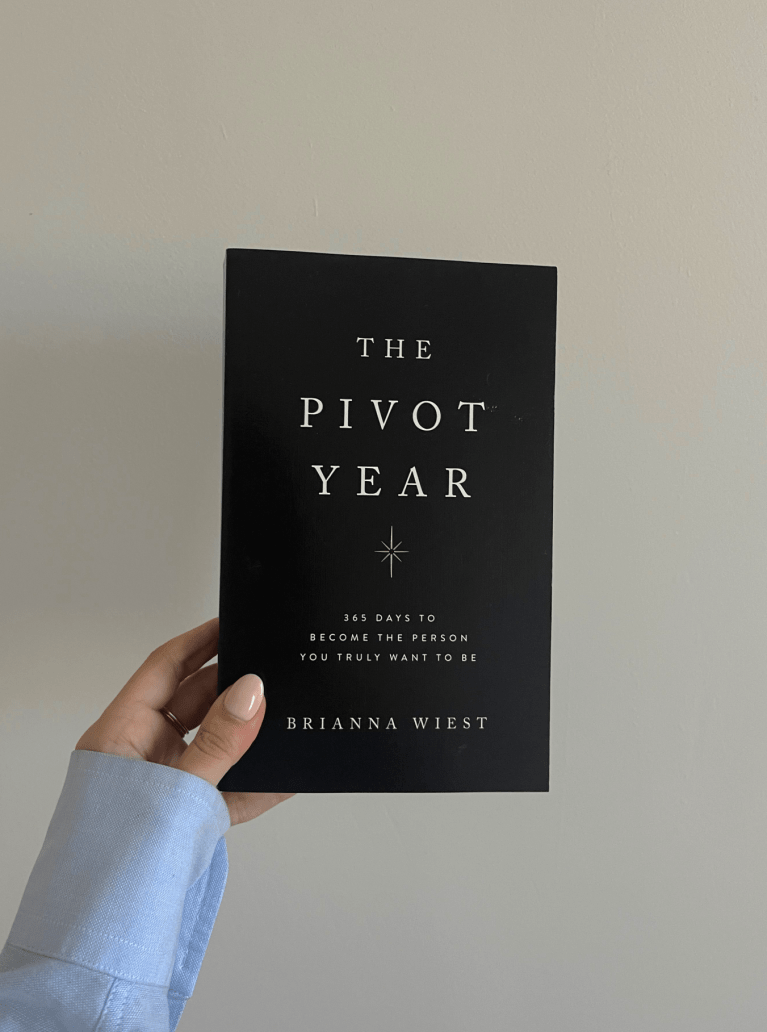1. What you choose to do with your body physically. Your body is a temple, and it is a vehicle in which you are to experience your life. As such, you have sole discretion over what you want to do with it, and how you want to present it physically. People have the tendency to be wildly judgmental and critical over appearances, with everything from haircuts to body fat percentages to clothing choices to tattoos. It’s not just our cultural beauty standard that’s wrong, it’s the fact that a cultural beauty standard is a concept that’s wrong. It’s nothing more than yet another way to make you feel as though you are lesser if you don’t conform.
2. Who you love and how you can love them. You love who you love. There is nothing more tragic than being persecuted or judged for, of all things, love. There are some people in the world who won’t understand your love, much like you won’t understand their mindset. That does not make it any less legitimate or passionate or beautiful. If it is a matter of choosing love or choosing an “easier life,” one that doesn’t make you face the brutal opinions of others, you should always choose love.
3. How you feel about yourself. I really believe that most of the issues we have with ourselves are there because of other people’s influences. We weren’t insecure before someone told us we weren’t worthy of something. Our culture is one in which people are accustomed to spending a great amount of time doing things to prove themselves to others– it’s present in everything from social media to how we choose to spend our Friday nights. This is a huge hurdle to get over, but nobody should have the power to change how you feel about yourself. There are so many people and so many opinions in the world, you’ll spend the rest of your life in a state of sustained uncertainty if you don’t ground yourself in what you know to be true.
4. What the next step in your life should be. When making major changes or big decisions in our lives, we tend to look to the opinions of others for guidance: and there’s nothing inherently wrong with that. Sometimes we need another viewpoint, and there are usually people in our lives whose opinions we very much value. But the truth is that these people only know us as the people we have been up until now. We are the only ones capable of knowing what the next step should be in our lives. Sometimes people don’t know what’s best for us, and we have to follow our instincts.
5. Whether or not you “should” be upset over one thing or another. I am guilty of this, and I know many people are also: feeling entirely unempathetic toward the people who are going through experiences that we don’t deem worthy of such strong reactions. I think we see this often when people, while trying to put a situation in perspective, will argue how so many people have it so much worse than you do. That’s an impossible judgment to make. Feelings and experiences are no more or less real for one person over another. They’re just different.
6. How you choose to spend your money or time. As long as you aren’t affecting anybody else (you aren’t spending your money on lavish vacations for you and your lover while your children need to eat), nobody has any say in what you do with your life. People will try to advise, and they probably mean well. It’s not to say we should ignore the wisdom of people who have been through these motions before us, we most certainly shouldn’t. But overarchingly, nobody should be directing your personal or financial life unless you want them to.
7. If and when you want to partake in more traditional cultural staples, like getting married or having kids. Much like everything else, everybody is on their own journey, and it shouldn’t be a matter of if or when you do these things, but that you have the choice of doing so if and when you want to, with whom and how.
8. Religious affiliation and how you choose, or don’t choose, to practice it. Your spirituality is your own, and it is your decision to make. In reality, forcing someone to believe or not believe in one thing or another will never yield the results you’re seeking. It will usually only push them farther away. The purpose of religion and spirituality is to acquaint you with a higher being, to provide you an outline of a moral code, lifestyle and belief system. It is supposed to be where you turn to in times of need. If one particular practice does not do this for you effectively, or you find another route that you relate to at a much deeper level, that is perfectly fine. ![]()







